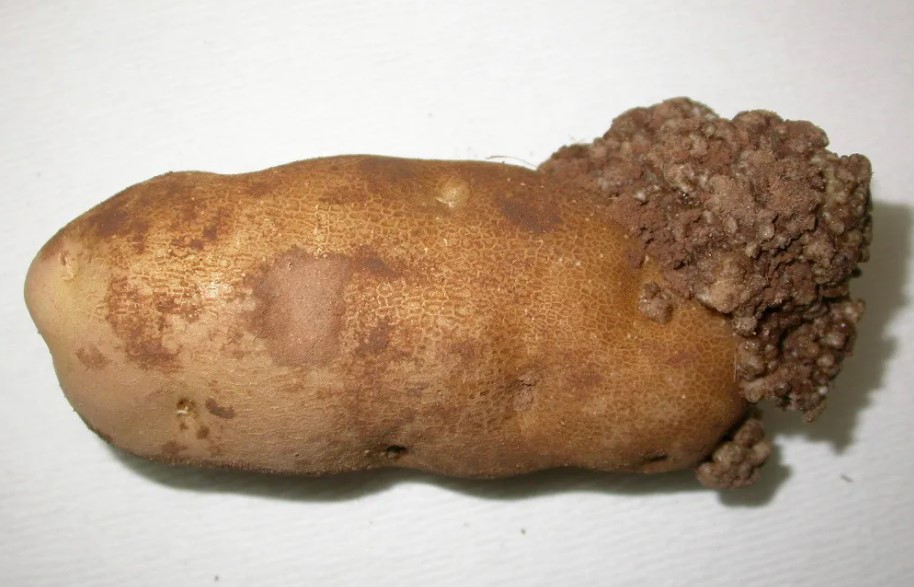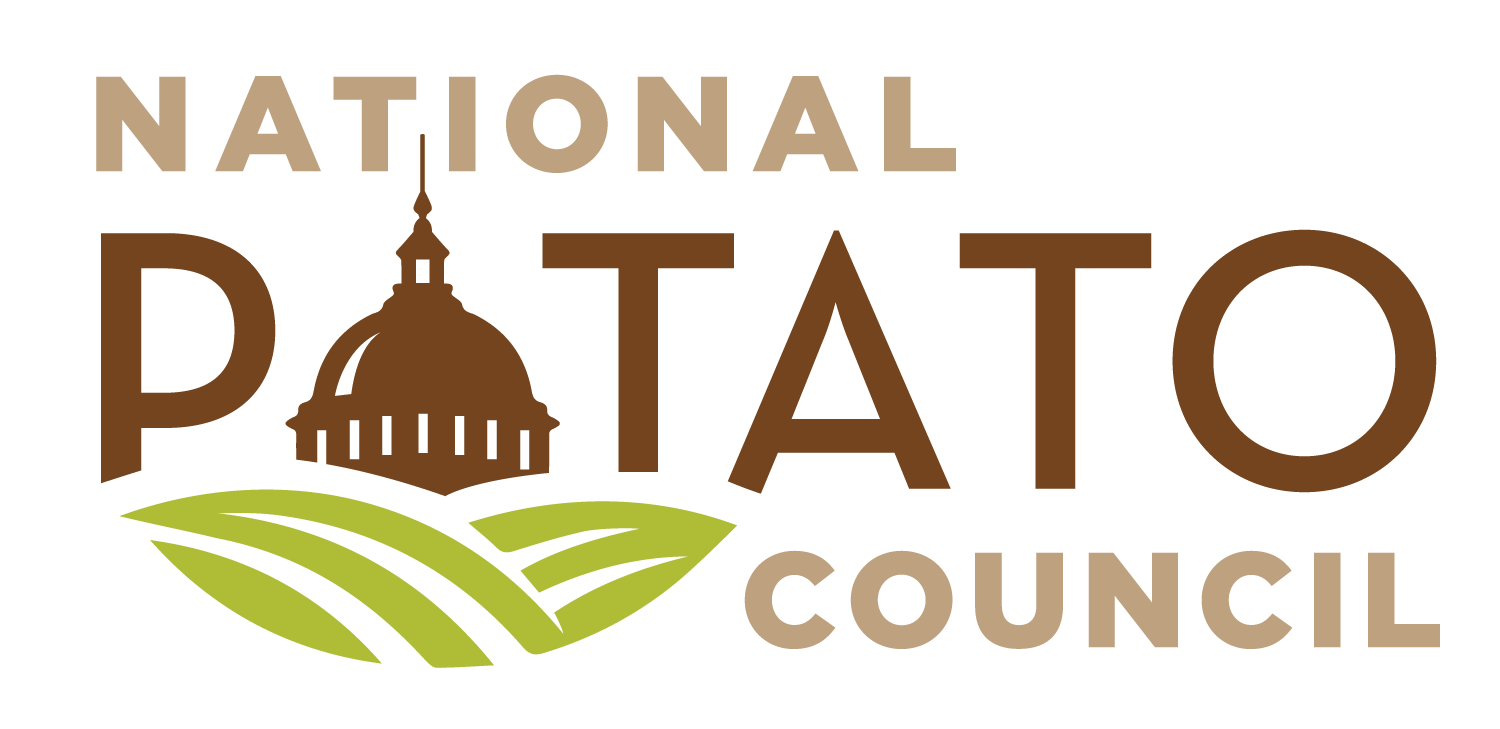NPC: CFIA has taken no steps to mitigate the risk of Potato Wart spread to the U.S.

The Canadian Food Inspection Agency (CFIA) in December announced its process for developing, finalizing, and implementing new plans to mitigate the risk of spreading PEI potato wart to the United States.
This week, NPC submitted public comments to CFIA’s risk management documents, noting the severity of the consequences should potato wart be transmitted to the United States. “Beyond the domestic costs to growers and the industry, the U.S. would likely immediately lose access to all international fresh potato markets costing the industry over $225 million directly in annual exports and billions more in indirect impact. We fear under the current policy it is only a matter of time before potato wart is exported from PEI to the U.S.,” wrote NPC.
The most recent potato wart crisis on PEI began in the Fall of 2021. Since then, “beyond the initial temporary prohibition on movement of potatoes to the U.S. and the ongoing prohibition on seed movement, CFIA has taken no steps to mitigate the risk of Potato Wart spread to the U.S.,” wrote NPC.
NPC noted that CFIA has been unable to prevent the spread of potato wart within PEI. CFIA’s current Potato Wart Domestic Long Term Management Plan, which allows for the movement of potato wart between high risk and lower risk fields, has repeatedly resulted in disease movement causing “lower risk fields to be upgraded to the highest level of regulation” after soil sampling. “This repeated activity makes it clear that the current plan is inadequate in controlling the movement of Potato Wart and that the disease is moving,” wrote NPC, and that the proposed recommendations in the risk management documents for soil testing of potentially exposed fields is inadequate.
Related to seed potato production, NPC agreed with the recommendation in the risk management documents that seed potato production in index fields should be prohibited indefinitely.
Finally, NPC argued the risk management documents fail to take into account numerous downstream sources of disease spread, including processing waste, waste generated by bulk shipments moving into the U.S., and the planting of potatoes by consumers in their home gardens.
Over the next year, CFIA said it expects to draft, negotiate, and finalize a new Long Term Management Plan with USDA APHIS. “Given the timeframes necessary to address the comments on these documents, followed by notice and comment on updates to the Long-Term Management Plan, followed by implementation of new mitigation, it will likely be at least three years between the most recent outbreak and action by CFIA to address the risk to the U.S.,” wrote NPC. “This lack of urgency is an ongoing threat to the U.S. industry. If the roles were reversed, it is a standard that CFIA would never allow of the U.S. in addressing a phytosanitary threat of this destructive nature. We strongly urge CFIA to take immediate action to mitigate the risks identified by USDA APHIS.”
The full letter is available here.

